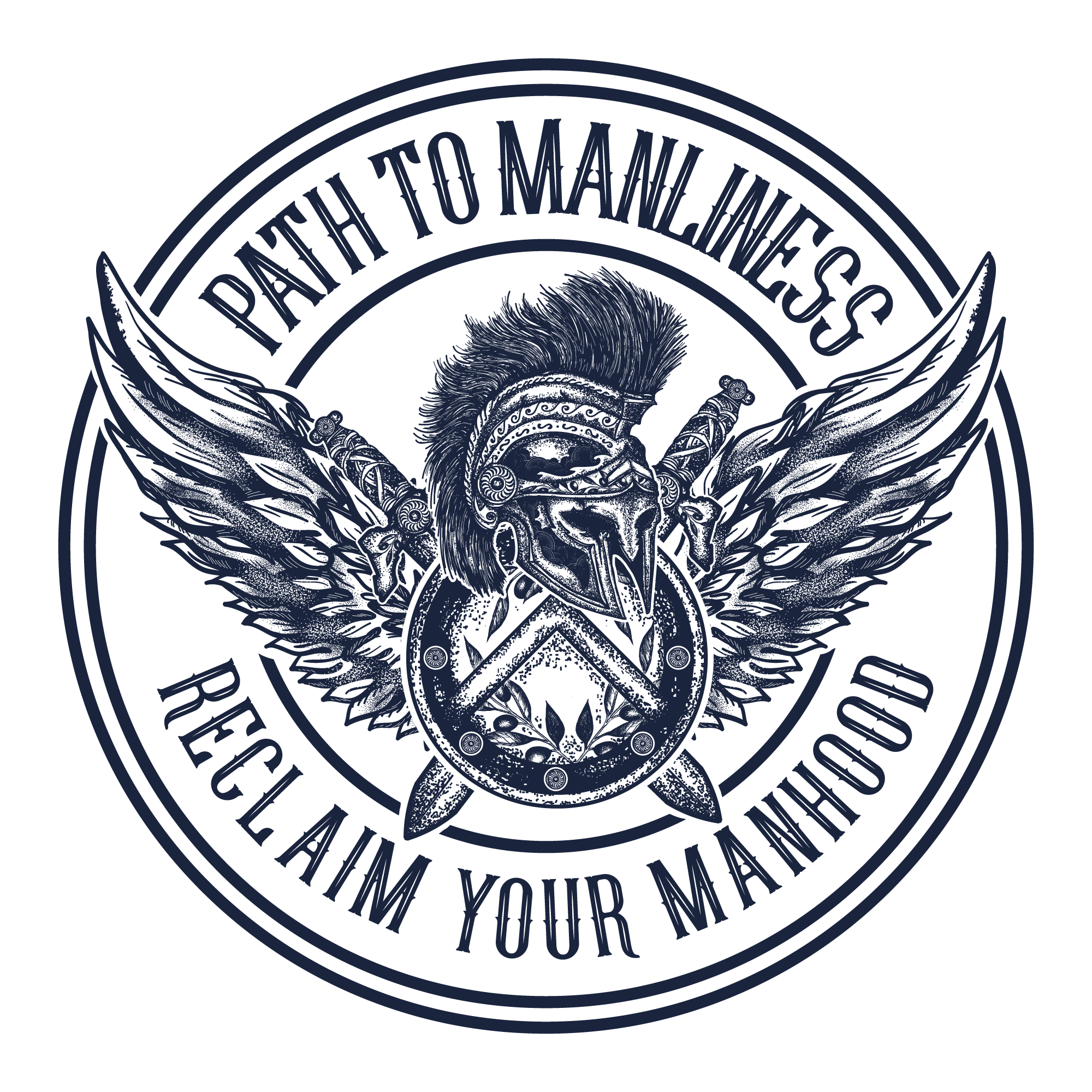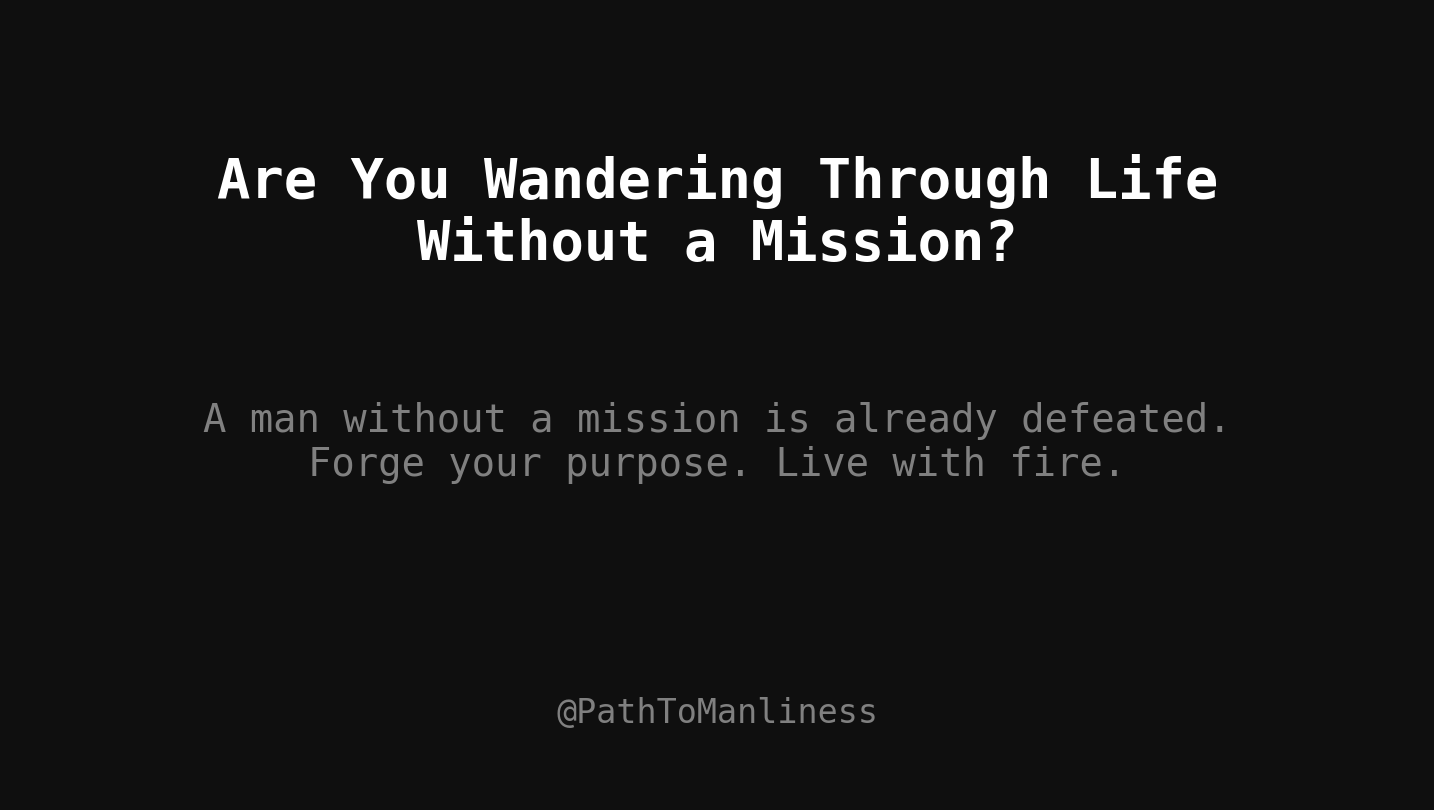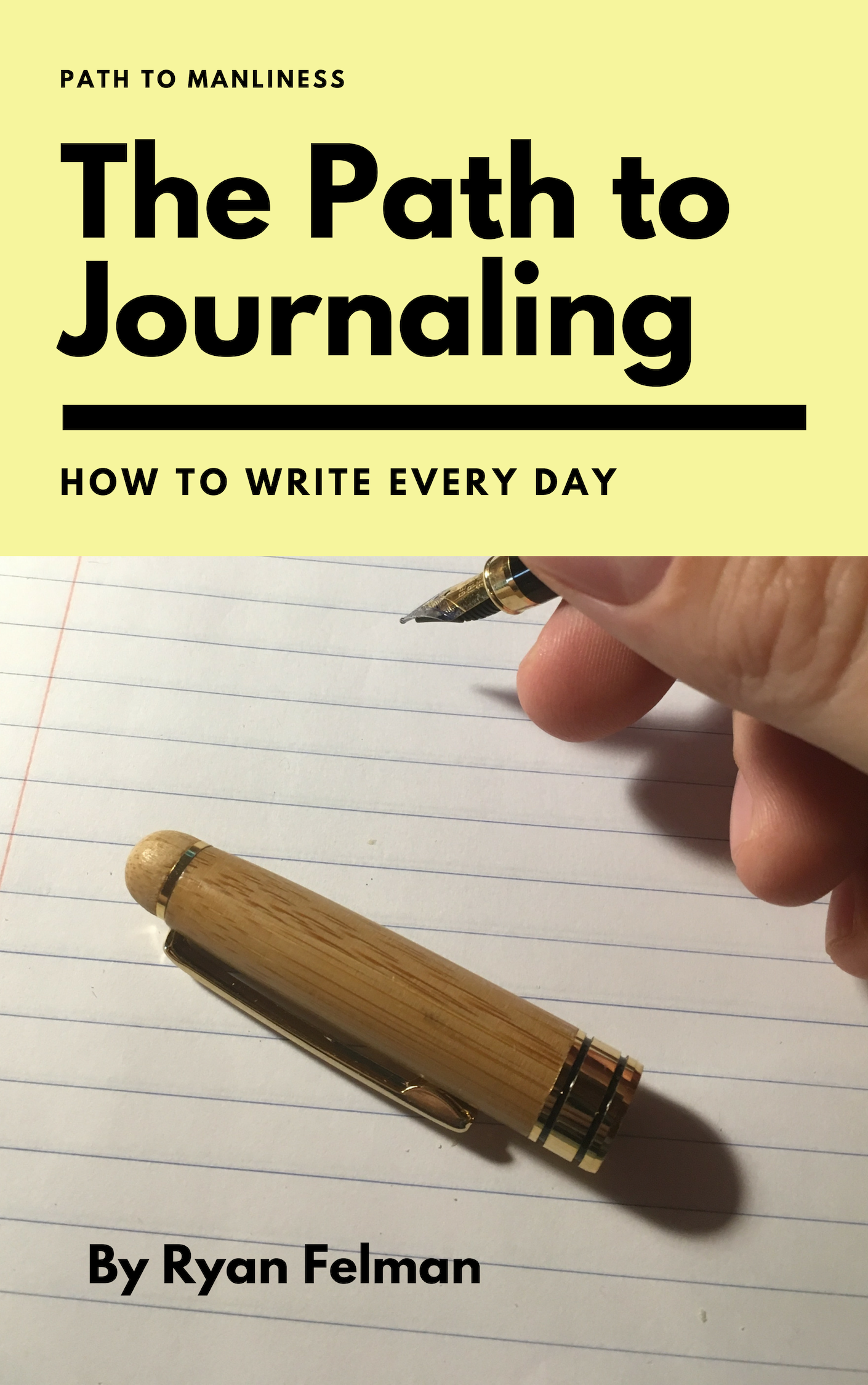7 Tips to Reduce Phone Use
Every time you shift your attention, your brain has to reorient itself. In the land of mass distraction, the disciplined man is king. Learn to do deep uninterrupted work and you will be a super hero. Your phone is one of your greatest liabilities here. So let’s learn how to turn it into your greatest asset.
1. Move distracting apps off the first page and replace them with more useful apps.
Your front page of your phone should be limited to the most productive and useful apps on your phone. For example: I have my pedometer, mint.com, E*Trade, Duolingo, Analytics for this website, Anchor and Twitter. Twitter may be social media but I’ve optimized mine into a money making machine and a source of positivity and inspiration.
2. Delete Distracting Apps from Your Phone.
Most social media apps and modern mobile games use psychological tricks to keep you hooked. If you lack the discipline to use these in moderation, take them off your phone. By reducing the ease of access, you’ll spend less time wasted on mindless games and apps.
Examples: Reddit, Instagram, Facebook, Fortnite and all the Candy Crush clones that shower you with dopamine, I mean “praise” for mundane clicking.
3. Check your “Screen Time.”
On the iPhone, you can access “Screen Time” from Settings. This not only will track your daily and weekly usage of various apps but also allows you to set limits on specific apps. For example, you can set a 15-minute daily app on Instagram. This is great as it allows you to use apps but offers a daily reminder once you enter the mindless scroll phase. You can even set a limit on entire categories. Meaning you can limit all games to a cumulative 30 minutes a day.
You can also set a “Downtime” where only specified apps may be used. This limits the constant stream of Notifications and interruptions throughout your day. I highly recommend this for the hours you sleep at the very least. Smartphone usage is a massive culprit for sleep deprivation.
4. Turn Off Notifications
This doesn’t need to be black or white. Set your own rules for what works best for you. Personally, I love interacting with people on Twitter so I allow notifications when someone mentions me. But I don’t need to see every single like or retweet I get. Facebook on the other hand is a nuisance with its notifications, so I’ve turned this off completely and will access it on my own time.
Access your notifications through settings and then (you guessed it!) notifications. This is great as you can customize which apps may notify you and how they can do so. Your life will improve if you turn off as many of these as possible. I only leave serious apps that help me be more productive or make money. These apps include E*Trade, Twitter, Fitbit, Duolingo, Mint and (ironically) Screen Time.
5. Replace mindless apps with productive apps
A common issue people have with quitting bad habits is the void left in their life. Similar to how you must replace bad habits with good habits, you need to replace bad apps with good apps. Here are a few apps that help better my day:
Twitter – If you follow the right people, this can be a huge source of inspiration, knowledge and networking. Steel Janz referred to Twitter as the “Chat Room” of real life. Many gamers socialize via chat rooms in various games. This is a great replacement for that interaction and doesn’t require time spent gaming.
DuoLingo – This app can teach you a new language. When you have 5 minutes to kill and want to become a more interesting person, this is a massive lifehack. And they’ve gamified this to make it addicting in a positive manner.
Mint – Do you want to track your total Net Worth? This will require some upfront setting up but it’s well worth it. This app/ website will be your one stop place to check all your financial information. It’ll track your credit score and explain what has impacted your score. It tracks all your electronic bank and credit card transactions. Best yet: it will help you set up a budget, so you can see where all your money is going.
Evernote – This free app lets you take notes across multiple devices. Meaning you can keep a list of ideas running through your phone and your laptop and they update each other. The magic of the almighty cloud! This can also serve as a nice electronic journal. Or you can work on a new blog post while out and about, then edit and finish it when you get back to your computer.
Asana – This may be the ULTIMATE PRODUCTIVITY APP. Asana allows you to create a list of tasks to complete with an oh so gratifying checkmark to tap when complete. You can also create bigger projects with smaller tasks organized into each specific project. If you have a problem with staying organized, this is a total gamechanger.
Obviously, you want to encourage the use of these apps over wasteful apps that we kicked to the back pages of your phone. So, make sure you set these on the front of your screen where they will be the easiest to find and use. Consider making a “Productivity” folder and placing them in that to organize them and reduce screen clutter.
6. Set Time Where You’re Away from Your Phone.
At some point, you need to decompress. Place your phone on silent and walk away from it to go read a book. Go for a walk without your phone. This is why I highly recommend reading physical books and writing with a pen and paper.
I know you’ll have this terrible feeling of dread and anxiety from all the missed calls and texts, but 99% of the time you’ll come back and find that you didn’t miss anything of importance. This is best done during less busy times of the day. Sundays are perfect for this. So are early mornings and at dinner time.
7. Practice Situational Awareness
The world has become a very safe place, even if the news doesn’t want you to believe this. Natural selection has allowed for most of us to develop the terrible habit of letting out guard down while in public so we can scroll through mindless memes and mainline dopamine from social media. Don’t let your default action of momentary boredom be to mindlessly check your phone.
When you’re waiting in line or walking down the street, be aware of your surroundings. Maybe there won’t be a giant brute in that next alley waiting to text your jiu jitsu skills or a wolf stalking you as you hike, but you never know what danger lurks ahead. Still, 1.6 million people die each year from driving accidents due to smartphone addiction.
You don’t want to be that guy that gets hit by a drunk driver because you were checking the score of the baseball game instead of being aware of your surroundings.
You also don’t want to miss the fascination that is life. Look around and consciously make an effort to appreciate the world. Listen to the songs of nature. Check out the beauty of your local architecture. Or simply notice how most people are so absorbed by their phones. Take the time to mediate on what you see and ponder what is happening in the real world.











4 Real Routines For Men Looking For A Results, Not a Viral Performance
Let’s talk about fitness routines that actually work for men in the real world.
⸻
Ashton Hall’s now-viral morning routine made waves across the internet—and not because it’s practical.
We’re talking:
• 3:52 a.m. wake-up call
• Swimming laps in the pool… with 4 minute hang time
• Journaling under red light therapy
• A 6 hour morning ritual with no real work done
• Meditation in an infrared sauna
• A skincare regimen that may or may not include a banana peel and imported Saratoga premium spring water